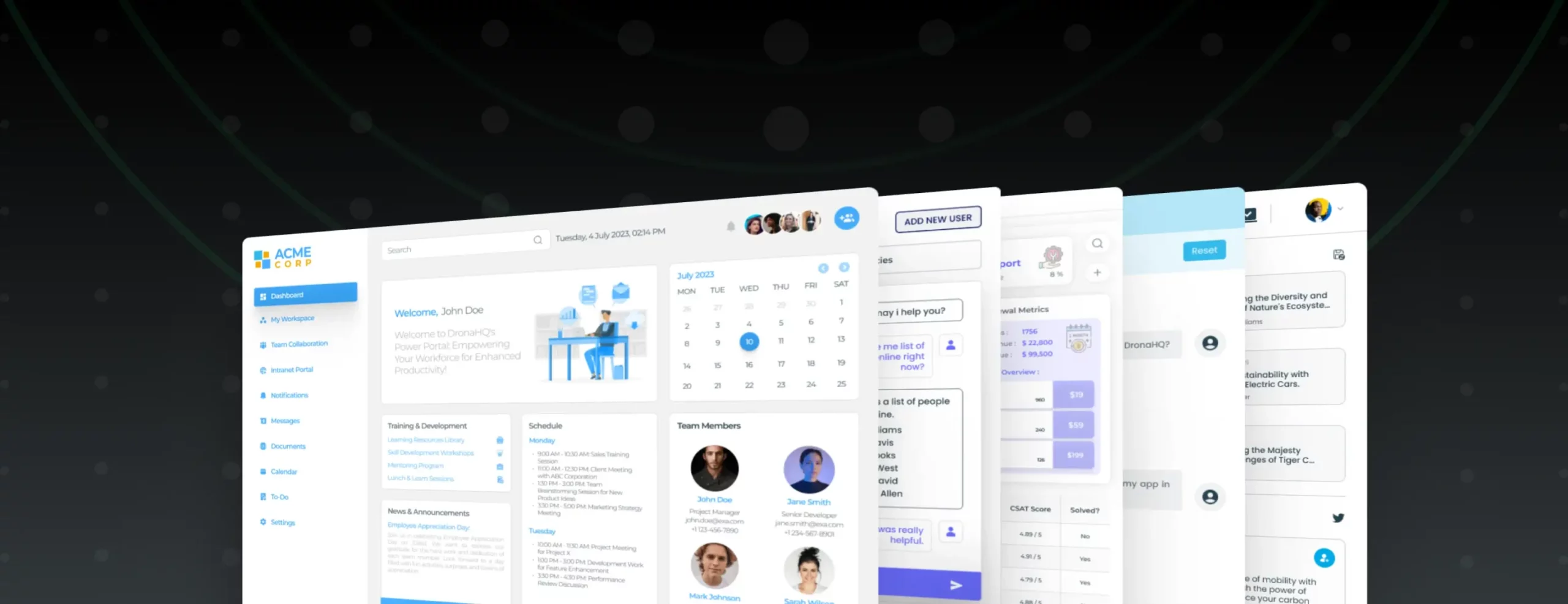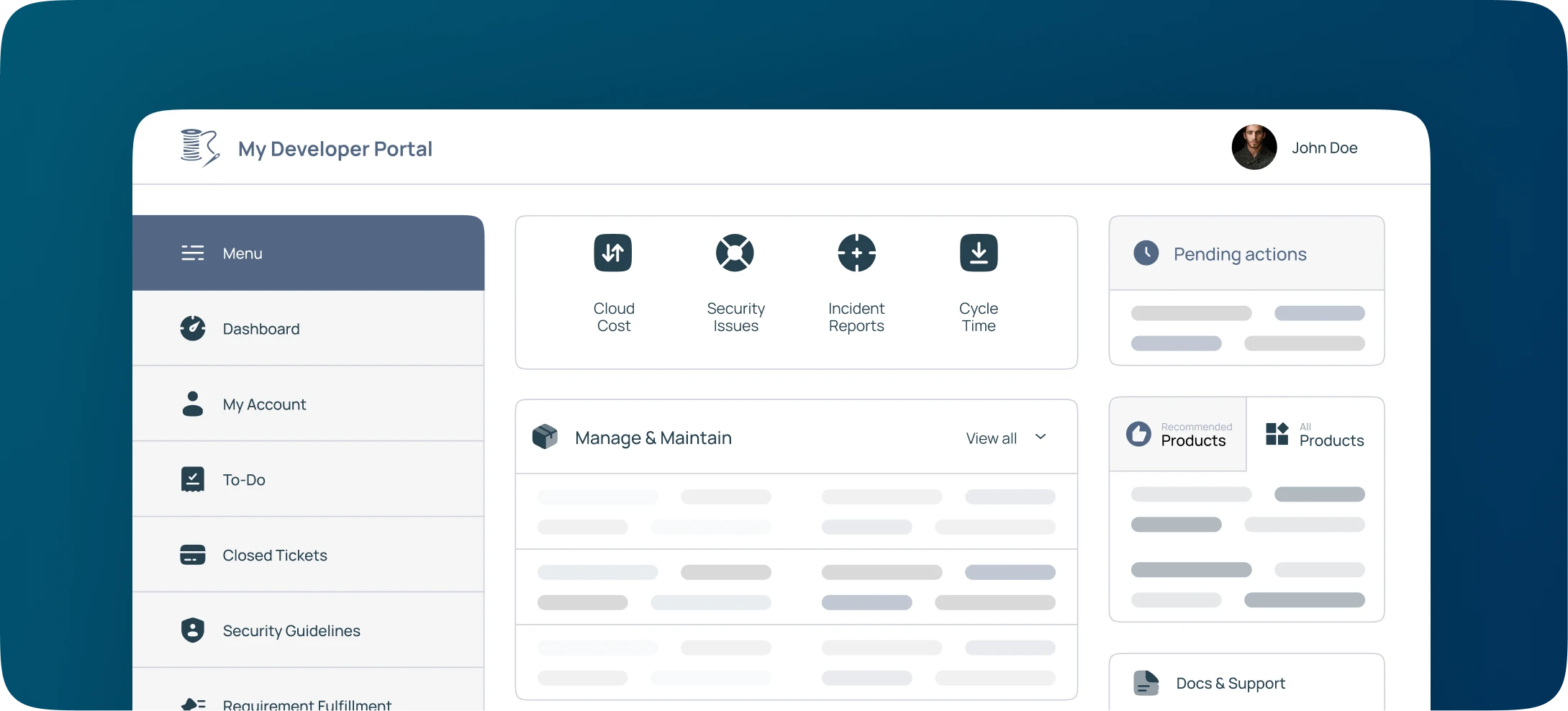

Spearheading digital disruption with citizen development
Introducing “citizen developers” in your organization can have a long lasting impact in your recruitment process and is the obvious response to the rapidly rising need for automation in your organization. Job seekers will observe the instruments you have set up.
As the corporate world flexes its muscles on digital and moves towards enhancing customer experience and employee experience, there is acute scarcity of developer talent. Reports suggest that Silicon Valley is going through a ‘developer drought’.
Keeping our current reality in view, remote work is the new normal and it is changing the vision for many corporates. With the changing workplace condition forcing companies to go online, their need to develop new custom software is skyrocketing at a pace we’ve never seen before.
As more business-runners understand the frailties of old paper-based, manual and even those of running legacy systems, the need to embrace digital transformation is at its peak.
We are at a point where recruiters need to realign how they recruit developer talent or engage and train existing workforce in 2021 and beyond. As the demand for skilled developers to deliver apps plummets, the situation gives new opportunities for organizations to look at citizen developers.
The citizen development opportunity
Citizen developers are the catalyst to change management and innovation in the workspace. A citizen developer is a non-programmer who builds business applications using low-code or no-code platforms that provide a visual drag and drop interface to build apps.
Leading research and advisory company Gartner also defines citizen developers as, “a way to democratize app development, because it no longer restricts the creation of new products and services to a highly trained technical elite.”
Citizen development has been going on for some time. Building Excel macros, putting websites up on WordPress, we’ve always found these activities carried out by the non-tech yet tech savvy folks in the organization.
Today, with the introduction of low code application development in enterprises, automation and software development has become accessible to business users by lowering the barrier to upskilling employees. Shorter learning curves have made adoption of low code citizen developers more feasible than ever before.
Upskilling in the digital era, Jumpstarting citizen-led innovation
A PwC CEO survey report stated that “US employers have significant investments in upskilling programmes. They recognize the need for the entire organization to gain fluency and confidence in the new tech-enabled ways of working. CEOs are turning uncertainties from trade conflicts into opportunities to build tech- and data-driven supply chains and sourcing strategies. Channel discontent with the progress of employee upskilling programs into new efforts to raise the Digital IQ of their organizations. They count on it heavily to power their growth.”
Among other insightful findings, their report stated that 77% of the employees wanted to learn new skills whereas US job seekers were even willing to forgo up to 12% of their salary to get training and flexibility.
A recent survey showed that 68% of UK workers wished their employer has provided training on new skills, while 71% desired further training to improve their existing skill level. Another Study stated that”86% of employees around the globe demand new skills training from their employers. Enterprises should focus on enabling infrastructure that allows the entire organization to play a role. With significant focus on operational efficiencies in the upcoming months, CEOs need to design their upskilling and recruitment drives around citizen-led innovation so as to give everyone a chance.”
The citizen-led development benefits the entire organization
- Managed Shadow IT
IT teams can introduce and manage citizen developers and embrace them as a resource. The best enterprise facing low code platforms have proven to be useful both for the professional developers and citizen developers by adding layers of abstraction and offering the IT and governance teams complete transparency and control when needed. - Boost productivity
Citizen developers can quickly deal with business bottlenecks without relying on the IT department and deploy these solutions to facilitate their day to day jobs. Your engineers can build custom, reusable components to add to the low-code platform own component library, for the citizen developers to drag and drop into workflows, further boosting productivity. - Foster innovation
Business automation ideas can be quickly validated with low code apps and the citizen developers can collaboratively build cutting edge applications alongside UI UX designers in much less time. Facilitate collaboration and get it right first time. - Establish agile framework
While agile methodologies help delivery quality and speed to market, incorporating citizen developers into digital initiatives will increase delivery time. The speed to realize benefits has decreased over time due to agile delivery and the shift from business team members being agile product owners to now being directly involved in technical configuration as CDs.
Interesting times for talent acquisition teams ahead
Recruiters and talent acquisition teams are at an interesting and exciting juncture today when they are responsible for sourcing or developing skills that their companies need to advance digitally. Infact, the HR teams themselves are facing digital transformation in their roles.
We are seeing the HR managers advance their operations by introducing low code automations to speed up and optimize mundane to critical operations.
Citizen development can add an interesting new dimension to an employee’s role. Self-motivated corporates are likely to embrace the challenge of learning app-development and automation into their existing roles. Automation proficiency stands as a highly valued skill. An upskilling program will not only offer your workforce opportunities to grow it’ll also help you stand out as a top-tier employer that talented candidates will flock to.
In October 2019, the International Data Corporation (IDC), delivered its FutureScape report which recorded a few expectations for the IT business in 2020. The numbers couldn’t be more insightful. By 2023, IDC predicts over half of all IT spend will go toward digital transformation, a metric the COVID-19 pandemic has already quickened. Judging the pulse of digital transformation for 2021, if the organization plans that everything they do will be digital, then line-of-business employees, old and new, need to know how to build apps.
Originally published at https://community.nasscom.in/on Nov 12, 2020.


